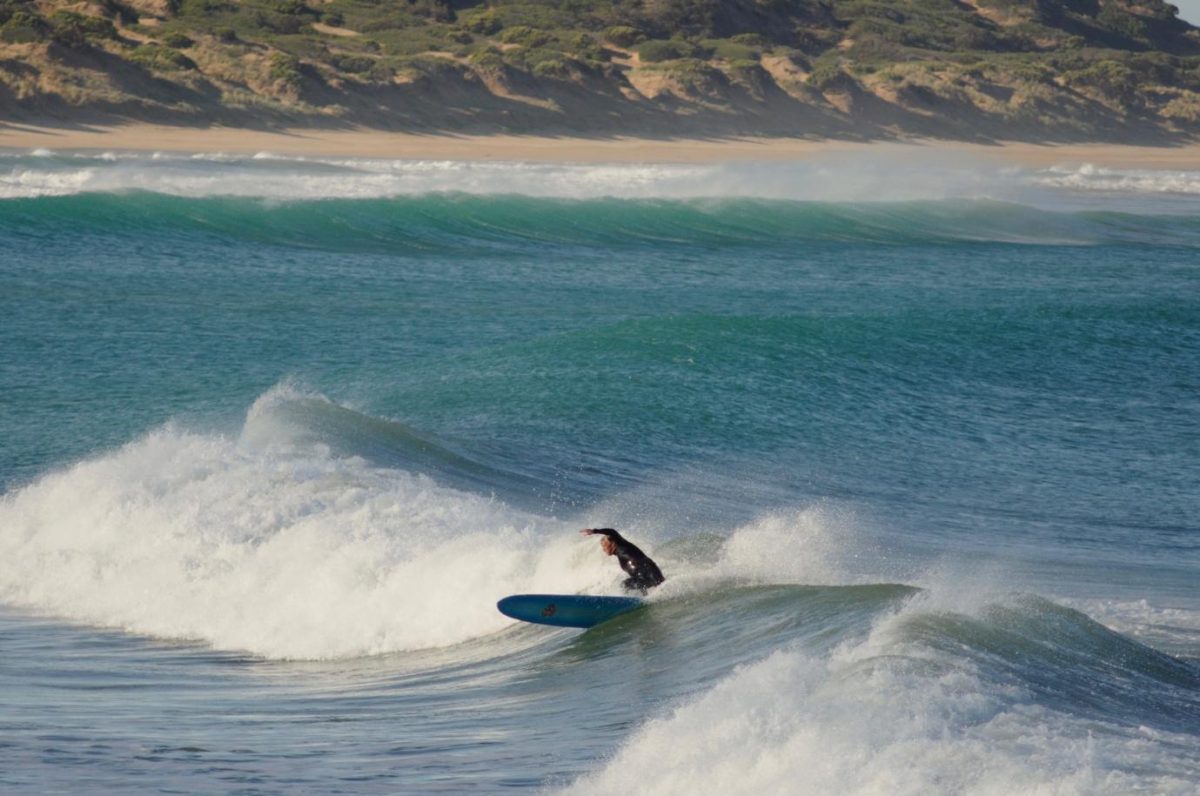 At its recent New York session held last month, the IPCC released its latest special report, the Special Report on the Ocean and Cryosphere in a Changing Climate. The report focuses on how ocean (and ice) are likely to be impacted by a changing climate. It notes that those with the highest risks are often those with the lowest ability to respond, such as those in the equatorial tropics. But it also points out that oceans everywhere are already being impacted.
At its recent New York session held last month, the IPCC released its latest special report, the Special Report on the Ocean and Cryosphere in a Changing Climate. The report focuses on how ocean (and ice) are likely to be impacted by a changing climate. It notes that those with the highest risks are often those with the lowest ability to respond, such as those in the equatorial tropics. But it also points out that oceans everywhere are already being impacted.
Oceans have absorbed up to a third of post-industrial carbon emissions. This absorption is turning our waters more acidic. Warming of the oceans causes water to expand, leading to sea level rise; with virtual certainty, the report notes, that the global mean sea level is rising, and that this rise is accelerating. It notes that with a high confidence 100-year (extreme) sea level events will become annual events as soon as 2050. It notes (again, with high confidence) that more intense and frequent extreme sea level events will increase expected annual flood damages by 2100 by 2-3 orders of magnitude. We can also expect changes in the distribution and abundance of marine life. Coastal habitats (such as saltmarshes) may keep pace with a changing high water mark given space, but planning for this ecosystem adaptation must occur well ahead of time.
Writing this from Point Impossible, I see the Wadawurrung middens that have endured for hundreds of years, maybe longer; the broken periwinkles and abalone shells that fed a local family so long ago. I see the low-tide surf break that has become a spiritual home of sorts for Victorian longboarders. I see rare Hooded plovers searching for food in their home, the narrow intertidal zone between the river mouth and the carpark. Our coastal home and the things we hold dear were all shaped by the ocean, which now threatens to take them back.
The ocean is truly vulnerable to the tragedy of the commons; Point Impossible will be impacted by climate change regardless of the source of the emissions. Our economy, food, homes, places of recreation, culture are all threatened - and only a rapid drawdown in fossil fuel use globally will see us avoid the worst. For this to happen, we desperately need leadership on the global stage. Yet, although in the US at the time, our Prime Minister chose not to attend the New York IPCC session. SCEG remains apolitical, and we will call out elected leaders of any political persuasion who ignore the science and risk our way of life.

